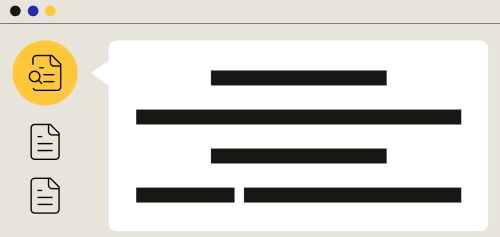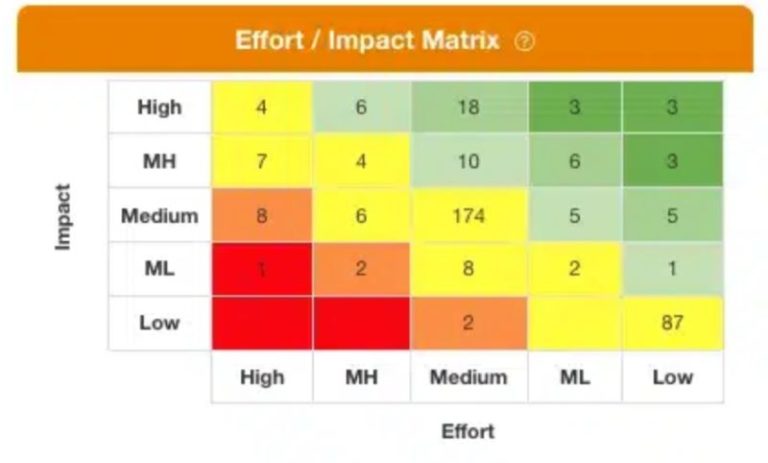

In litigation and compliance work, workplace chat platforms can hold as much relevant information as emails or formal reports. Conversations, shared files, and timestamps may serve as crucial evidence. Without a well-structured plan for collecting and preserving these records, legal teams risk higher costs, delays, and challenges to the data’s validity. Clear procedures at the start can reduce those risks and ensure the material withstands review.
Linking Case Goals to Data Collection
Slack export for discovery, for instance, should begin with a clear link to the legal or investigative goals. Teams must decide which conversations, groups, and time frames are relevant before collection starts. This focus prevents the storage of unnecessary material and keeps review workloads manageable.
For example, targeting certain custodians and topics can align the collection with the case’s exact requirements while keeping both costs and scope under control. Conversation mapping can highlight priority discussions early. This ensures every record collected directly supports the case strategy.
Matching Export Type to Case Needs
Different platforms offer various export formats, each with specific rules on what content can be retrieved. Some formats include only open channels, while others can capture direct messages and private groups. Selecting the right option is essential to avoid gaps in the record.
The chosen format should be compatible with e-discovery tools and preserve metadata so that conversations retain their original context during review. Applying data normalization ensures the exported files are in consistent formats, making downstream review more efficient. Clear alignment between export format and review workflow prevents delays during later discovery phases.
Managing Costs Through Targeted Exports
Cost efficiency often comes from limiting exports to what is necessary for the matter at hand. Pulling full archives can raise review time, storage requirements, and vendor charges. A targeted export plan can help by:
- Filtering data by relevant date ranges
- Selecting only specific groups or threads
- Excluding redundant files or system notices
Applying data minimization during the export process helps cut review costs and reduces the chance of revealing irrelevant or sensitive material. A smaller, more focused dataset can be reviewed more quickly, saving both time and financial resources.
Protecting Data Integrity and Custody
Maintaining a documented chain of custody is critical for legal defensibility. Every stage of the export process should be reported, noting the initiator, the tools applied, and the method of file storage. This documentation allows the team to prove that the information has not been altered.
In some cases, adding hash value verification helps confirm that files remain unchanged since export. Strong integrity measures protect the admissibility of evidence if challenged in court. These safeguards also provide a clear audit trail that can be presented during legal proceedings if needed.
Integrating Chat Data Into the Review Process
Once exported, chat records should be processed for review alongside other evidence. This can include threading-related messages, running keyword searches, and using thread reconstruction to show message sequences. Structured integration supports the discovery plan and prevents delays.
It further enhances the accuracy of the process. Proper formatting helps reviewers locate key content quickly. Consistent handling of exported data maintains a smooth and defensible workflow throughout the review process. This approach ensures the material is ready for timely production if required.
A well-designed plan, such as a slack export for discovery, supports both cost control and legal defensibility. Selecting an appropriate export format, limiting the scope, and preserving a secure chain of custody allow legal teams to work more efficiently while lowering risk. The right technical and legal support can make each stage more efficient, improving outcomes when the data is finally presented in court.


